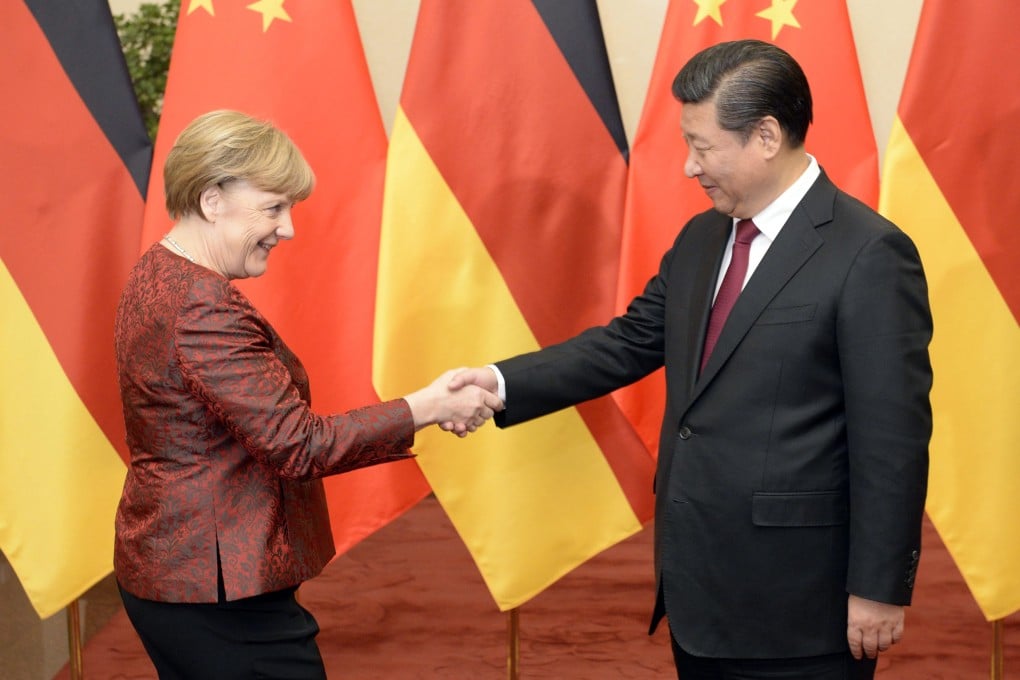Advertisement
China's spy deal with Germany brings hope for peace in cyberspace
Reading Time:2 minutes
Why you can trust SCMP

If two big powers want to develop a friendly and fruitful economic relationship, there has to be a foundation of trust and respect.
Nowhere has this principle been tested so sorely as in cyberspace.
High-tech espionage has undermined confidence in business as usual, let alone risk-taking investment. That is not good for global stability and economic growth.
Advertisement
Cyber security remains a sticking point of trust in Sino-US relations, with President Barack Obama having drawn a distinction between traditional espionage and the "act of aggression" of stealing commercial secrets.
China might say the same, in the wake of former NSA contractor Edward Snowden's revelations of US spying on Chinese companies.
Advertisement

Advertisement
Select Voice
Select Speed
1.00x